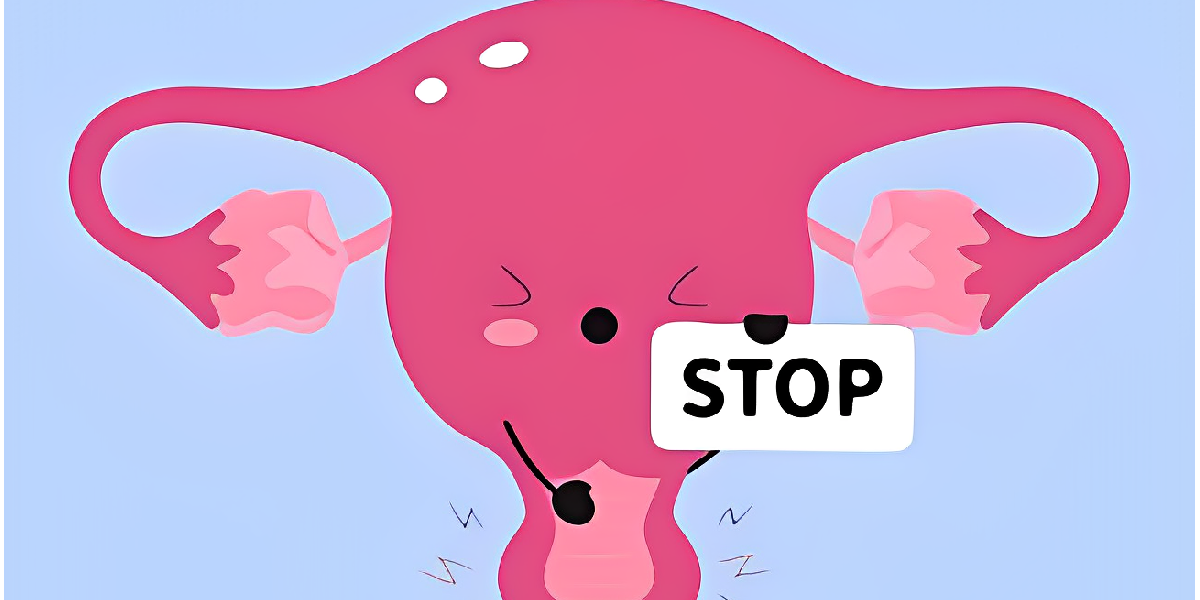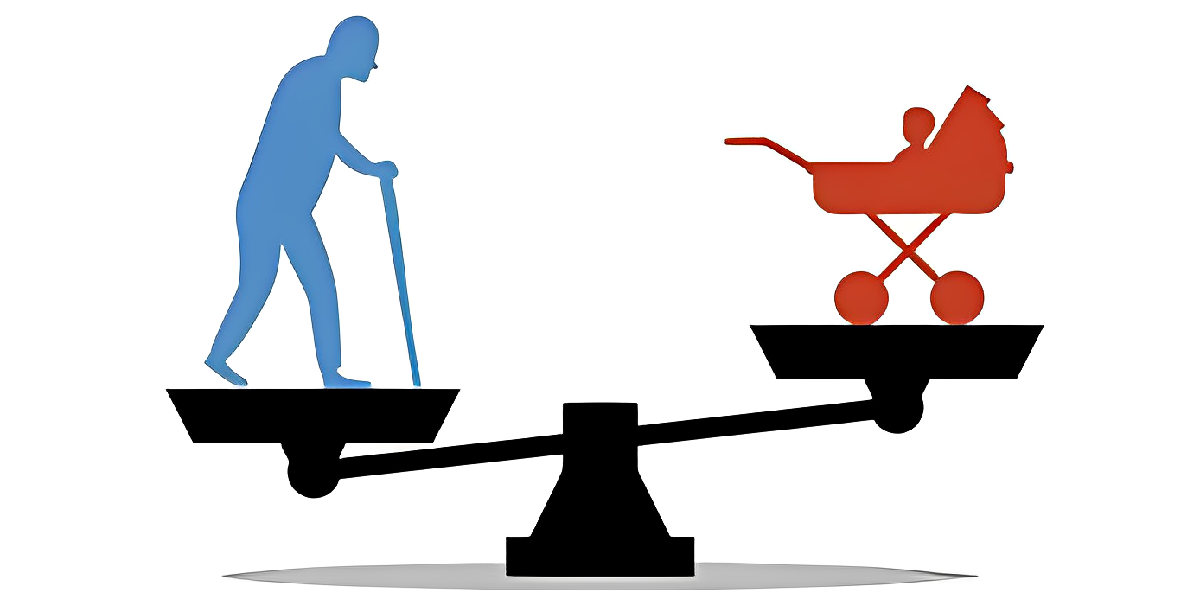© Copyright 2018. All Rights Reserved.
A brief introduction

In making the decision to start a family, a number of factors must be taken into consideration. For both men and women, biological factors, particularly age, play a crucial role, though emotional readiness and stability often take precedence. Fertility is impacted by age, so people planning to undergo this process need to understand how it affects them.
Women's perspectives on the biological clock

1. The relationship between female fertility and age
The quantity and quality of women's eggs decline as they age due to a finite number of eggs they are born with. Fertility declines in the late 30s and early 40s, becoming more pronounced in late 30s and early 40s.
2. The impact on conception
Age-related changes in egg quality and quantity can contribute to challenges in conceiving, leading to longer conception times, increased miscarriage risks, and chromosomal abnormalities in offspring.
3. Treatments for fertility and the aging process
As women age, the success rates of fertility treatments like IVF diminish. Understanding the implications of age on the efficacy of these treatments is essential for informed family planning decisions.
The Male Factor: How Age Affects Fertility

1. Sperm Quality and Age
While men continuously produce sperm, studies suggest that sperm quality can decline with age. This decline might affect fertility, increase the risk of genetic abnormalities in offspring, and potentially impact pregnancy outcomes.
2. Age and Fertility Treatments
-2023-12-11-657734f58ecc7.png)
Advanced paternal age has been linked to reduced success rates in fertility treatments, indicating that age affects male fertility concerning assisted reproduction methods like IVF.
The Intersection: Age and Family Planning
1. Impact of Partner's Age
The combined age of both partners can significantly influence fertility outcomes. Understanding how age dynamics between partners affect fertility can guide decisions when planning a family.
2. Considering Timing
Balancing personal goals, career, and family planning is a complex endeavor. Recognizing the implications of delaying parenthood due to career or other priorities can help individuals make informed choices.
3. Discussing Options and Seeking Help
Having open conversations about family planning and understanding the available options is crucial. Seeking advice from fertility specialists can provide insights into individual fertility statuses and available solutions.
Conclusion: Navigating the Journey

Age indeed matters for men and women aspiring to build a family. Acknowledging the biological factors influencing fertility at different life stages empowers individuals to make proactive decisions. While fertility declines with age, various options exist for those navigating parenthood later in life. Understanding the interplay between age and fertility is key to making informed choices on this significant life path.
This comprehensive guide delves into the critical aspects of how age impacts fertility for both men and women. From understanding biological influences to considering family planning decisions, the intricate relationship between age and fertility plays a vital role in the journey toward building a family.
Recent Post
-

Intrauterine insemination (IUI) Success Tips: Enhance Your Fertility
-

The Connection Between HCG Hormone and Pregnancy: Explained in detail
-

Conquering Asthenozoospermia: Strategies for Male Fertility Success
-

Embracing Sensuality with Vaginismus: Strategies and Support
-

Understanding Endometriosis: Symptoms, Causes & Management | Guide





